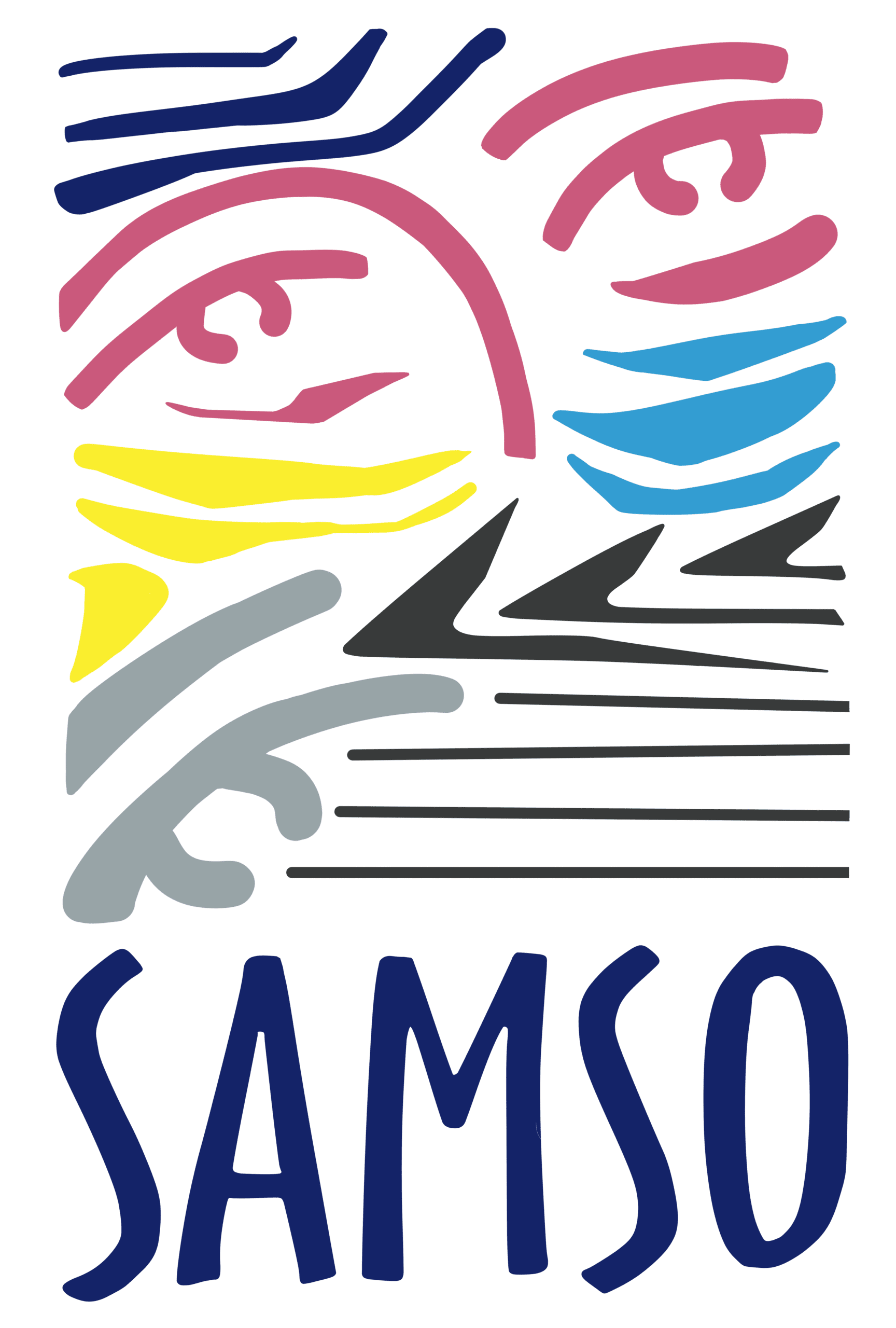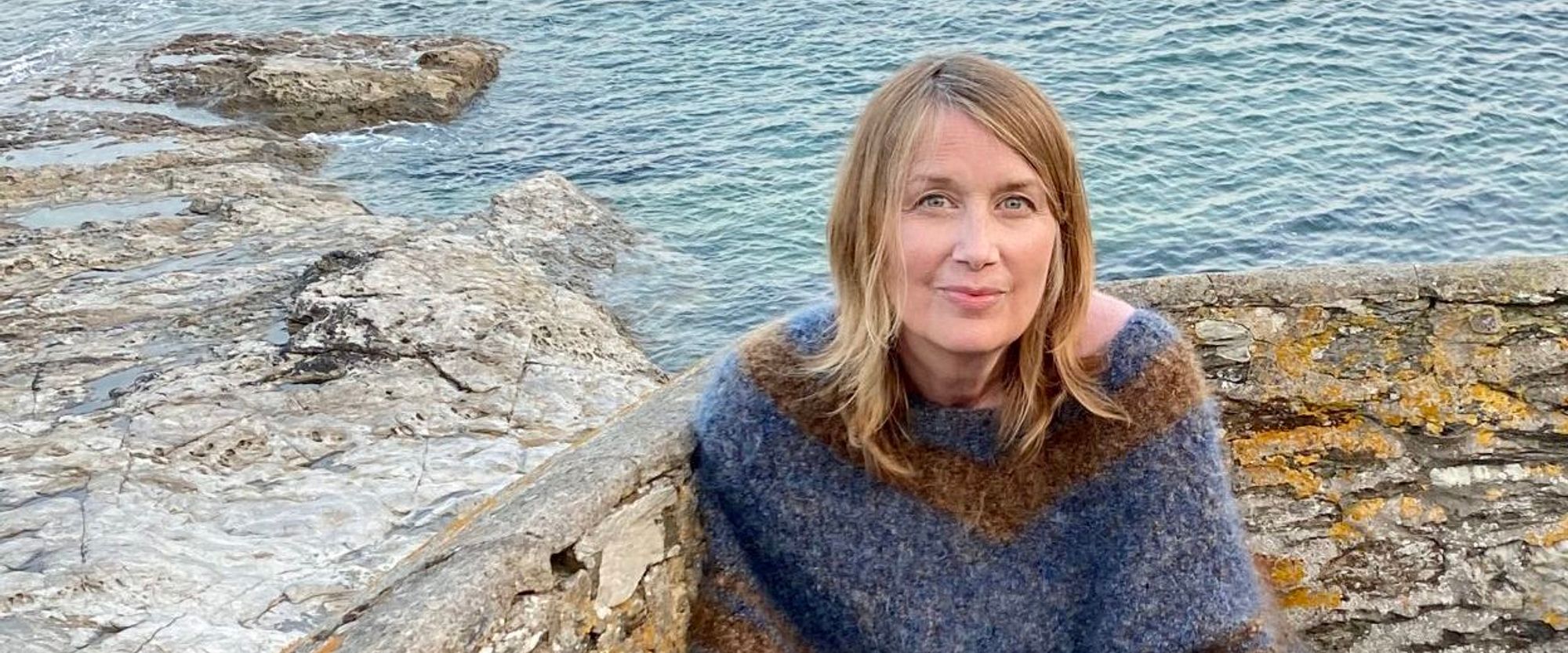Applications for the 2025 cycle are now open. All eligible journalists can apply to the Kari Howard Fund until July 13th 2025.
Funding Information
- Grants will be for a maximum of $5,000.
Eligibility Criteria
- Projects reported and published in English anywhere in the world are eligible.
- All reporting and publishing must be completed within six months of the award of the grant.
- This opportunity is open to women and nonbinary journalists.
- Applicants may be freelance or staff print journalists and may apply individually or as part of a multi-format team.
- Professional journalism must be the applicant’s primary profession.
- Applicants must have three (3) or more years of professional journalism experience. Internships do not count as professional experience.
- Applicants must be able to show proof of interest from an editor or have a proven track record of publication in prominent media outlets.
- Applicants must apply and publish in English.
- Any multi-format reporting must supplement a printed project.
- Please note that stories can be published digitally and not necessarily in a newspaper or magazine.
For more information, visit IWMF.
Kari Howard was a storytelling editor who championed the kind of writing that concerns itself with small moments: Of resiliency, dignity, absurdity, gut-busting humor or heartbreak. The kind that makes you feel as though you just met someone – that a life outside your own is real.
She was a sucker for a love story. She loved writing that captured place, that made the natural world sing and flutter and crunch, or a city street throb and smell of ramen noodles.
To writers, she gave kindness, enthusiasm and clarity. She created a space where they could take approaches that might not work, ask the same question of the same person just one more time, or play with structure.
In editing notes, she flagged lines that made her cry (she was known to simply type “sob!”). To write something that elicited Kari’s rat-a-tat laugh was for many the loftiest writing goal.
When Kari edited, there were discussions about whether the beat of a sentence should be da-DA-da or da-da-DA. She was passionate about music and concerned with the rhythm and musicality of prose. Her newsletters for the Nieman Storyboard highlighted fine writing. She invariably paired her reading recommendations with a piece of music the way someone else might choose the perfect wine to match a fine meal.
Discussions about stories were wide-ranging, warm and seemingly without goal — she believed that the alchemy of things off-handedly said revealed something important to the work.
But Kari also understood the needs of a news organization. She combined her sense of whimsy with an iron will and negotiating skills that made her a formidable defender of narrative journalists and their stories.
Losing Kari devastated a community of journalists on personal levels. It also left a distinct approach to storytelling, one that often seems like a luxury today, without one of its most capable champions.
In fact, what’s at stake is vital: true and timely stories of everyday life and everyday lives caught in extraordinary moments.
Kari believed that narrative journalism combined the best nuance and poetry of fiction with journalism’s strongest power: It’s true.
Kari’s mother Diane Howard, her sister Alison Howard, friends and colleagues from the Los Angeles Times and Reuters News are determined that such journalism should live on. To that end, the Kari Howard Fund for Narrative Journalism will award annual grants in support of proposals to report and publish compelling human stories, wherever they are found.
She brought her distinct self — and what a self it was, full of passions and joy even while holding pain and deep loss — to the editing. She expected writers to bring their own voice and full experiences as well.
Diana MarcumWinner of the 2015 Pulitzer Prize for Feature Writing


Leave a Reply